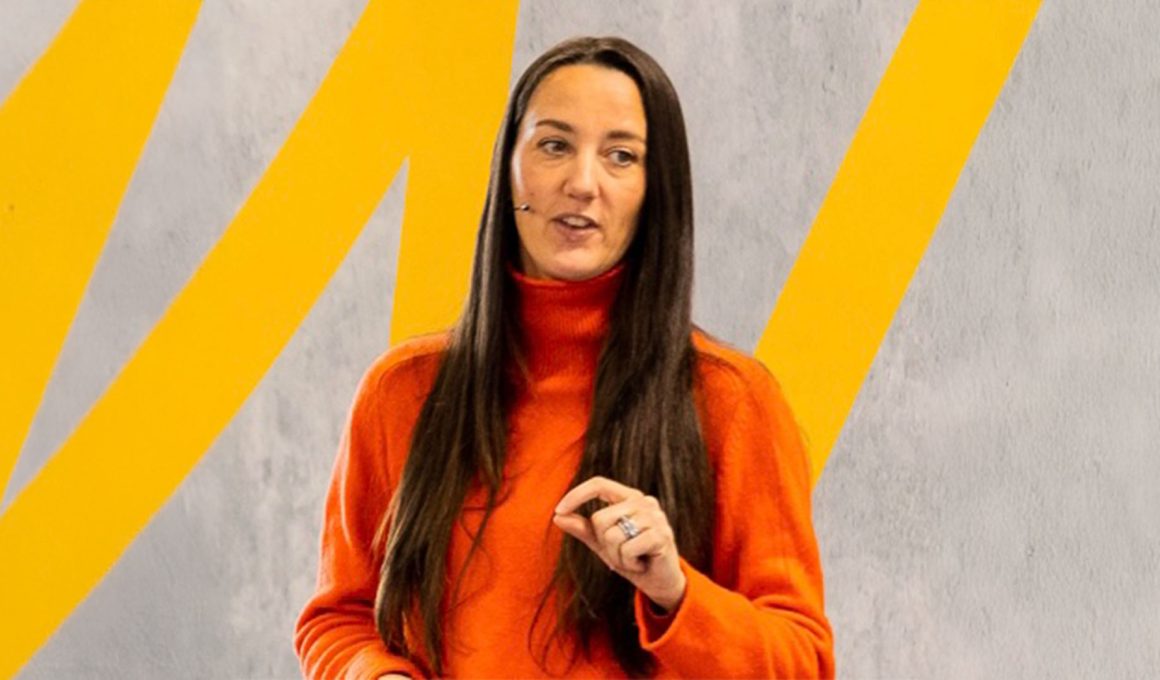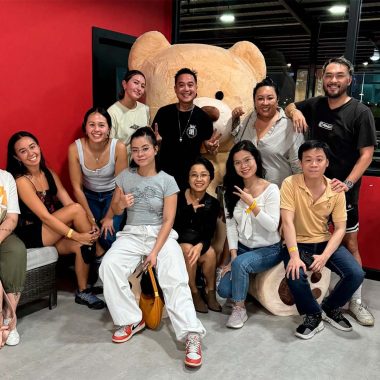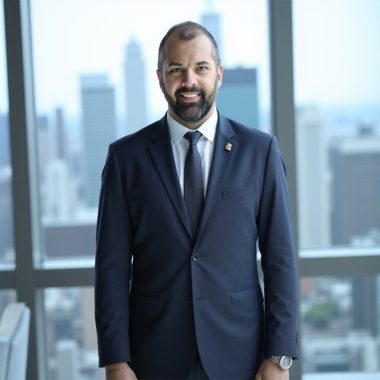Scaling product and technology teams across multiple countries presents unique challenges that many leaders struggle to navigate effectively. When growth accelerates and businesses expand internationally, maintaining cohesion while adapting to local markets becomes increasingly complex. Francesca Devrient, who has led transformations across global organizations, shares her insights on building successful teams that can operate seamlessly across 50+ countries while preserving company culture and driving results.
Balancing Existing Talent with New Hires
Most companies make the same mistake when they’re growing fast. They either stick with their existing team and hope for the best, or they bring in completely new people and lose everything that made them successful in the first place. Francesca Devrient takes a different approach. “Scaling teams always has to be a balance of making sure that you retain individuals who have an understanding of the existing culture and the product whilst also bringing in new talent from outside, this way you learn and grow whilst understanding the internal challenges,” she explains. This isn’t just about having the right mix of people. It’s about making sure new team members can actually contribute from day one instead of spending months trying to understand how things work. The problem gets worse when you’re dealing with multiple countries. You can’t “just bring an entirely new team and expect to be able to hit the ground running and still reach results that you want to,” Francesca notes. Companies often underestimate how much institutional knowledge matters, especially when deadlines are tight and growth targets are aggressive.
Preventing Misalignment Across Global Teams
Communication breaks down quickly when teams are spread across time zones. Francesca has seen this happen repeatedly. “Everybody’s frantically pedaling left, right and center, not really understanding which way they’re rowing in or why they’re trying to row in that direction,” she says. Her solution involves what she calls over-communicating. “When you’re scaling a team and having new people come in, it’s vital that you’re over-communicating in terms of where you’re going as an organization,” she explains. This means explaining not just what needs to be done, but why it matters and how each person’s work fits into the bigger picture. Teams need to understand “what success looks like” and have clear expectations about their role. Without this foundation, even talented people end up making decisions that don’t align with company goals.
She has an unusual way of encouraging risk-taking that she calls a “festival of failure.” The idea is simple: celebrate experimentation and learn from what doesn’t work. “You only grow if you take risks and you try things,” she explains. This approach works particularly well in technology companies where constant testing and iteration is necessary. “Every failure is ultimately a learning opportunity,” Francesca says. The key is having “parameters for people to understand what they need to operate within” while giving them autonomy to find solutions. She warns against companies that get stuck in “paralysis through analysis.” Teams that want “perfection” or spend too long “spinning” often miss opportunities entirely. The goal isn’t to avoid failure but to “recognize early on when to stop, if it’s not working, when to turn and pivot.”
Identifying Customer Needs Before Scaling
Many growing companies focus on the wrong things when they’re trying to expand internationally. Francesca has worked with both mid-sized businesses and global giants, and she’s noticed a pattern. Scale-ups often miss the most important element: understanding what problems they’re actually solving. “Really understanding what their customers’ pain points are, whether that is their B2B business or B2C business, what are you solving at the end of the day?” she asks. Too many companies get caught up in talking about their product features and growth projections without addressing the fundamental question of why customers should care. This becomes even more important when operating across different countries. What works in one market might not resonate in another. “Market fit might vary from geography to geography,” Francesca notes, and companies need to “really understand your audience.”
Developing Operators Into Effective Leaders
Some of the best individual contributors struggle when they need to lead teams across multiple countries. Francesca Devrient has coached many leaders through this transition, and the biggest challenge usually comes down to communication. “Quite often I’ve seen fantastic operators that from a detailed perspective and an expertise perspective are very strong, but they’re not great at taking people on a journey,” she explains. The difference between being a good operator and an effective leader is the ability to bring others along instead of just “bulldoze through what they think is right.” Another crucial element involves understanding what motivates each team member. “You talk to 99% of people and you ask them, is this the job that you wanted to do when you were 5/10 years old? Most people will say no,” Francesca observes. Therefore taking time to understand people’s actual strengths, motivations and interests can dramatically improve team performance, even though it seems to be a luxury when there are urgent deadlines to meet.
The current AI excitement has created both opportunities and distractions for technology teams. Francesca Devrient has observed “knee jerk reactions very early on” with some companies reorganizing hastily while others remain paralyzed by uncertainty. Her perspective is practical: “The human element is so important and will not go away. Creativity and that human interaction are irreplaceable.” AI can make teams more efficient, but not at the expense of losing creative thinking and problem-solving abilities.
She’s seen the most success when AI supports backend operations, “helping engineers and the data side of things,” rather than trying to replace human judgment entirely. The key is avoiding getting “sidetracked by noise” and focusing on proven approaches that include AI as a tool rather than a solution to everything. For leaders building teams across multiple countries, Francesca Devrient’s approach comes down to clear communication, calculated experimentation, and never losing sight of the human element that drives real innovation.
Connect with Francesca Devrient on LinkedIn to explore her approach to building resilient global teams.








